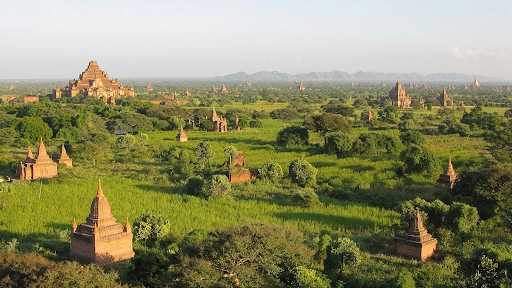In the early morning hours of October 11, 1987, a Burmese turboprop plane transporting 49 passengers, including 36 foreign nationals…
Testimonials
Scroll down for testimonials from some of our friends, or click here for selected academic citations. “I am a…

